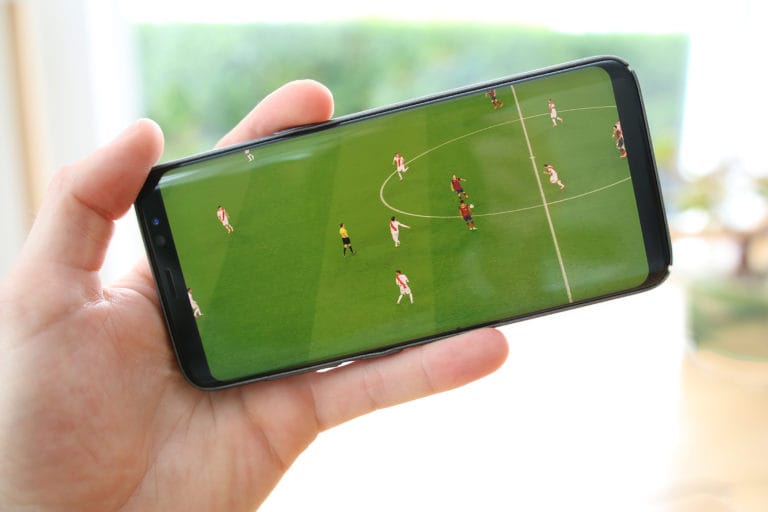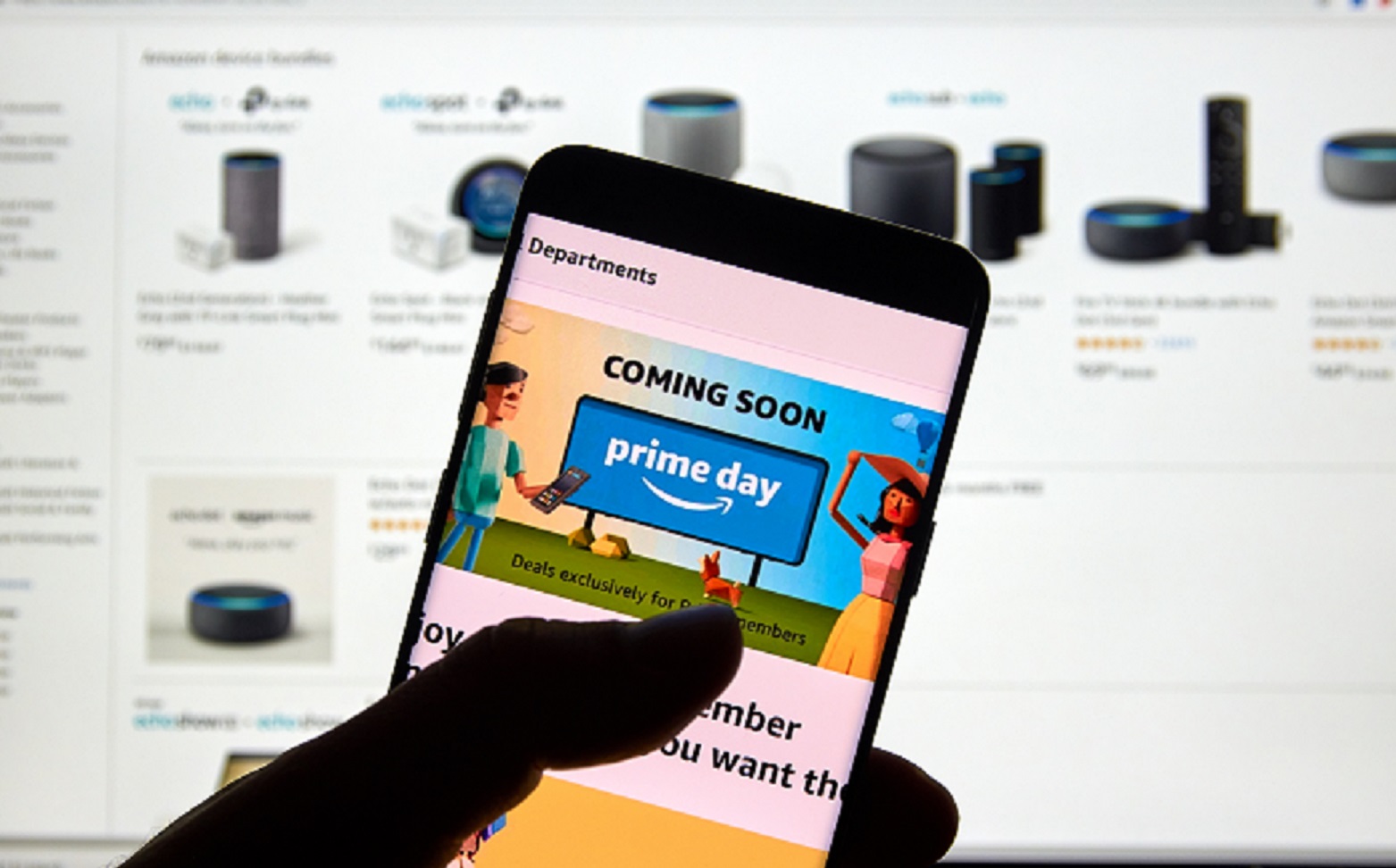Kicking Off the 2018 World Cup on Mobile

June 13, 2018 | Article written by Carly Morris
The 2018 FIFA World Cup kicks off tomorrow in Moscow, and while most people will be tuning in to see if Germany will once again take home the coveted trophy, mobile marketers are getting excited about the opportunity to reach an extensive and highly engaged global audience.
FIFA’s Mobile Phenomenon
In 2014, around 3.2 billion people tuned in to watch the World Cup, 280 million of which watched online or on a mobile device. Perhaps even more impressive, was that the official FIFA app became the biggest sports event app of all time, with a record 28 million downloads.
What’s more, the World Cup’s potential mobile reach is predicted to increase even further this year. Since the last World Cup, global smartphone usage has risen by 35% and the volume of mobile internet video traffic has spiked by 8x. Plus, 23% of potential 2018 World Cup viewers report that they plan to use their mobile phone as a second screen while viewing the games on TV.
Why Advertise During the World Cup?
Mobile advertisers should set their eyes on the World Cup for a few reasons. First, synching up to such a massive international event offers a huge opportunity to reach new audiences at a global scale with messaging that’s personalized, timely, relevant, and useful. And, because the tournament runs through July 15th, advertisers have a solid month of opportunities to reach their users in every corner of the globe.
Pro Tip: Expand Your Audience
With the growth of location-based and geo-targeting capabilities, advertisers can take advantage of the influx of mobile users to reach and connect with niche and global audiences where and when you know they’re going to be engaged.
Pro Tip: Big Events Bring Big Engagement
During the 2017 Champions League final, football fans globally were 48% more active than the average Snapchat user because they were significantly more inclined to share and engage. The World Cup brings a sense of community both locally and globally, which inspires fans to be more active and connected on their mobile devices.
Who Can Advertise
That being said, major international sporting events like the Olympics and the World Cup typically have some strict rules and regulations when it comes to advertising. Be sure to check FIFA’s website and follow all the rules before distributing any ads that could cause more harm than good.
For example, unless you’re an official sponsor, you’ll have to avoid using any of the official marks, logos, or photos, as well as the official #WorldCup hashtag. Instead, you can hone in on each individual game’s unofficial hashtag and more general team affiliations.
Best Practices for Reaching World Cup Audiences
With so many people turning to the small screen to stay up to date with scores, highlights, and live action, the 2018 World Cup is already being referred to as “the mobile cup.”
In fact, AdWeek recently shared that 80% of fans use mobile devices as a second screen to search for player stats and find video replays while they watch a game on TV.
Every mobile advertiser should develop a strategy that best suits their relationship with the event. However, there are a few tried-and-true practices that can help any mobile advertiser effectively reach their global World Cup audience:
● Target by Time Zone: With audiences tuning in across the globe and able to access and watch games via their mobile devices at their leisure, it’s important to ensure your ads are reaching them at optimal times. Remember to schedule ads at prime viewing times per unique geo.
● Take Advantage of Relevant & Trending Hashtags: Do your research to find out what local hashtags for your target audience perform best. Apply these hashtags to your ads to improve localized targeting.
● Curate the Right Content: Make sure your content is curated to match your audience’s tastes, uses correct wording (think: football versus soccer), and resonates with their interests.
● Stay Relevant: Be a resource to fans by keeping them alert of when games are on, scores, and player/team stats.
● Keep It Fun: Audiences tune into the games to be entertained, which means that your ads should meet the same standards. Keep it fun, light, and entertaining.
It might be too soon to name the team that will win the 2018 World Cup, but it’s safe to say that mobile will be the big marketing winner of this year’s games.


